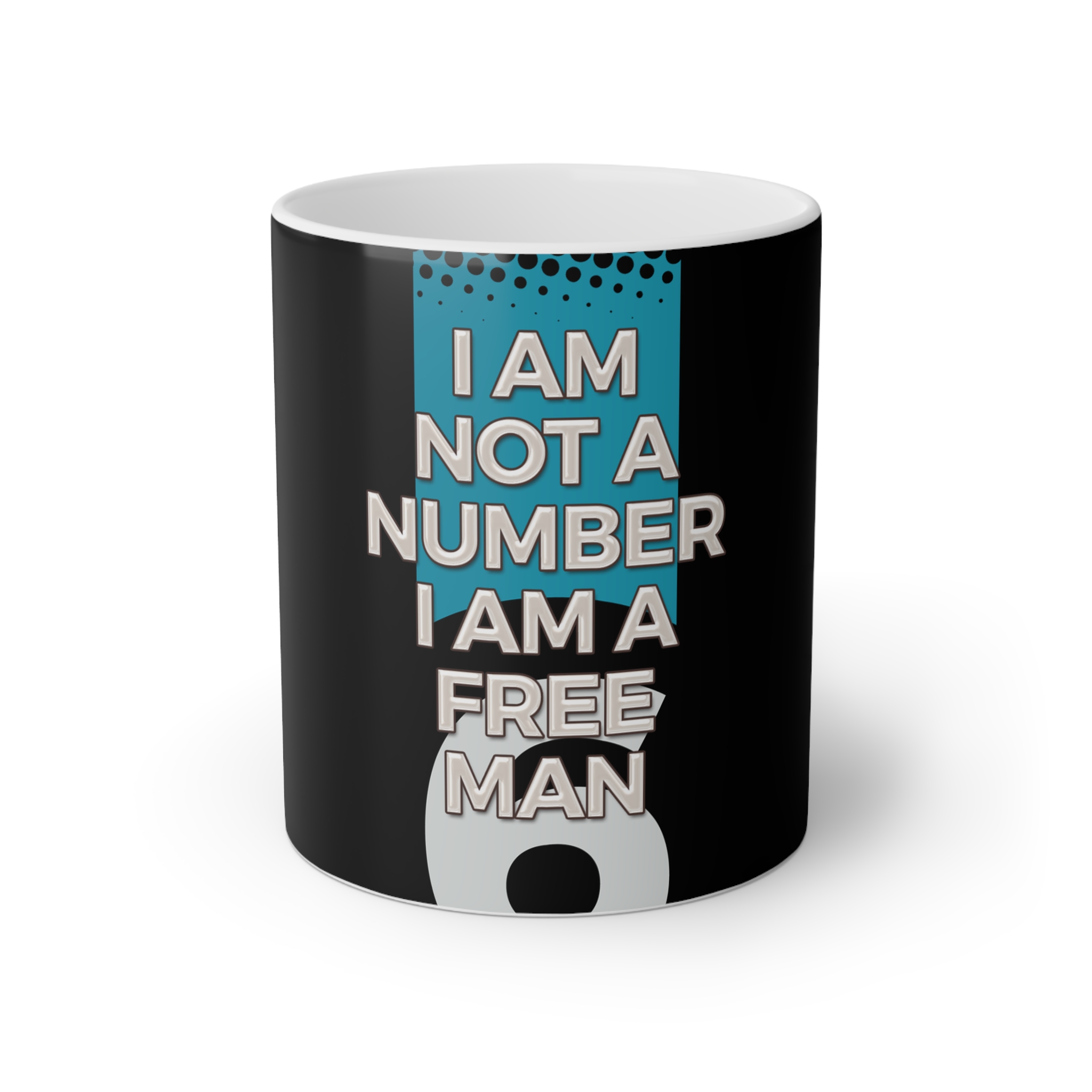In the late 1960s, The Prisoner emerged as a groundbreaking television series starring and produced by Patrick McGoohan. Set in a mysterious village where everyone is known by a number instead of their names, it explores deep philosophical and esoteric questions that are still relevant today. The show transcends mere entertainment, acting as a multi-layered commentary on individualism versus collectivism and societal control. With its cryptic messages, esoteric symbolism, and deeply thought-provoking themes, The Prisoner remains a timeless piece of art that both confounds and inspires.
A Battle for Individualism
At its core, The Prisoner revolves around the tension between individualism and collectivism. McGoohan’s character, known only as Number 6, is forcibly held in “The Village,” a surreal place designed to strip individuals of their autonomy. The central question the show poses is, “What is the price of individuality?” The series brings to light the dangers of conformity and the state’s efforts to suppress free will and identity.
What happens if we’re not allowed to be anything outside of the collective?
In one interview, McGoohan described The Village as a place “trying to destroy the individual by every means possible.” The relentless push for Number 6 to accept his assigned role and number reflects the broader cultural debate between being part of the collective or standing apart as a true individual. This mirrors real-world systems that attempt to mold us into versions of ourselves that fit societal expectations, whether we realize it or not.
Esoteric Elements and Symbolism
What sets The Prisoner apart from other TV shows of its era is its esoteric layers and symbolic richness. The show doesn’t shy away from delving into deep, often cryptic, themes surrounding human existence, free will, and the nature of reality itself. One can easily draw parallels to Gnostic and Cathar ideas, especially regarding the “fall” from grace and the soul’s imprisonment in the material world.
Much like the Gnostic belief in spiritual amnesia, The Prisoner depicts a character who is initially unaware of his true situation. He fights to escape a system that seeks to keep him spiritually and intellectually imprisoned. The constant surveillance in the show echoes the Cathar warning about the material world’s traps, where salvation lies in escaping and reclaiming one’s spiritual identity.
The famous Rover, the sentient balloon that relentlessly pursues those who try to escape the village, could be seen as a metaphor for the Archons in Gnosticism—forces that keep souls trapped in ignorance and submission.
The village is a place trying to destroy the individual by every means possible.
One might even argue that Number 6’s battle is one for gnosis, seeking knowledge that can free him from the shackles of The Village’s controlling forces. Every episode peels back another layer, offering both viewers and Number 6 fleeting glimpses of truth.
The Final Episode: A Mind-Bending Journey
The final episode, “Fall Out,” stands out as one of the most enigmatic endings in television history. It strays far from conventional storytelling, instead adopting a dream-like quality filled with symbolic imagery and philosophical riddles. As McGoohan pulls the audience deeper into the esoteric, the show transforms into a meditation on self-knowledge and freedom. Number 6’s journey is not just a physical escape but an existential and metaphysical quest to understand his own identity.
Reflecting on the ending, fans of the series often compare it to works of alchemy and Hermeticism, where transformation and self-knowledge are key to transcending mundane reality.
Why The Prisoner Is Still Important Today
Even after five decades, the show continues to resonate because its themes are more relevant than ever. In an age of increasing surveillance, digital control, and collective thinking, The Prisoner serves as a cautionary tale. The series’ portrayal of a society that enforces conformity and destroys individual autonomy is eerily prescient of our modern world, where the line between personal freedom and social control is increasingly blurred.
Looking to bring a piece of this iconic series into your home?
Check out the Maier Files web shop for two exclusive The Prisoner mugs, featuring designs inspired by the themes and symbols of the series. Perfect for fans of esoteric mysteries, these ceramic mugs make a fantastic companion as you ponder the deeper meanings of this mind-bending show.





